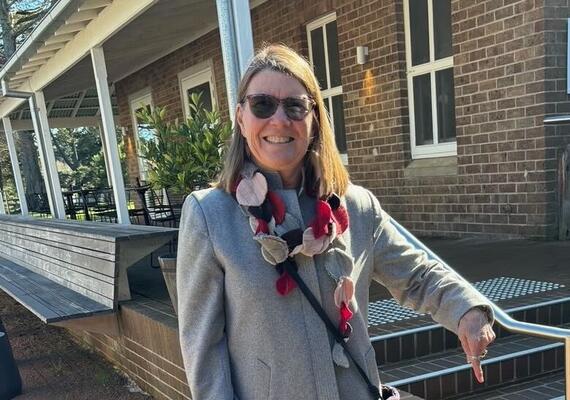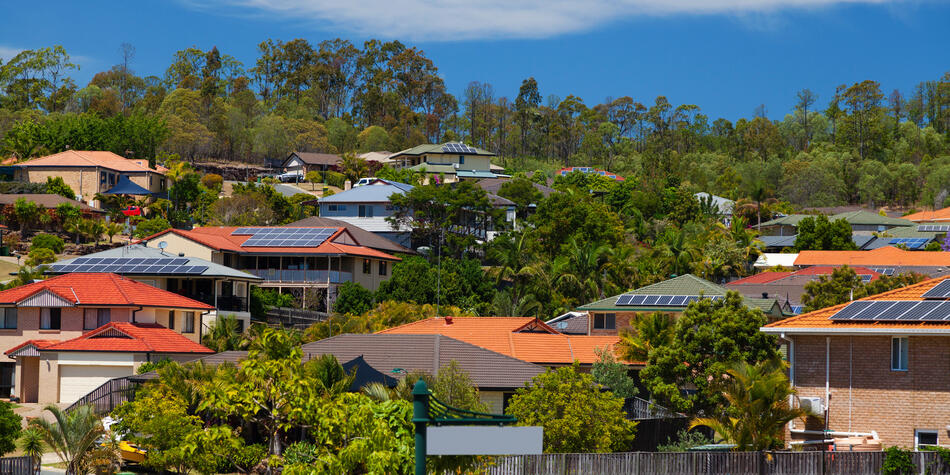Can I join if I am in an embedded network?
Maybe, it all depends on the type of embedded network operating. Please contact Energy Locals to discuss your specific circumstances.
What is the cost to participate in the study?
It’s free to participate in the study, in fact Deakin will provide a small amount of compensation to those selected to participate in the study as an incentive. There may also be the potential benefit of buying or selling electricity at more favourable rates.
A smart meter is required to take part in the study. If you don’t currently have one, you can reach out to your energy retailer – keep in mind that while some retailers offer upgrades at no cost, others may charge a fee.
Is a 3-phase connection required?
No. Single, 2 or 3-phase power is okay.
How do I buy and sell energy?
Smart software (Enosi’s Powertracer) matches VEN generation and off-take based on simple trade rules set up by you. You can change your rules at any time. Trading credits are then reported as a single line item on your monthly bills.
There are two trading options that can be setup in parallel or stand alone:
Peer to peer trades
In this type of trade, the trading parties are connected in a secure chat and agree to trade by specifying the sell and buy prices. If accepted and there is a match, PowerTracer does the rest.
Community trades
In this type of trade, the trading parties are anonymous, and the software is guided by the sellers pre-set sell and buy prices. If there is a match PowerTracer does the rest. If there is not a match, standard Energy Local’s rates apply.
How does the VEN impact our solar export limit?
Export limits are determined by your local service provider (distributor) and will not change as a result of joining the study.
Are certain types of participants suited to the VEN study?
Off-takers who consume electricity during the solar hours (when the sun is shining) are likely to be well suited to the study as this is when electricity is likely to be the cheapest.
Generators can optimise their solar excess benefit by matching with off-takers during solar hours.
Peer-to-peer trading with people in different geographical locations through the VEN can represent additional diversification benefits. For example, it might be sunny in Queensland but cloudy in Victoria, meaning that Victorians can access solar energy from Queensland when the sun isn't shining in Victoria.
Can I change my trades?
Yes, you can adjust peer-to-peer or community pricing as often as you like. Once peer-to-peer trades are set up they will need to be cancelled and resubmitted.
Notifications are sent in a peer-to-peer trade, so they can be reviewed and approved before trading commences.
Community trade rules can be adjusted at any time without a notification sent.
Where can I buy or sell my energy?
You can trade with households, communities and businesses on the Energy Locals/Enosi platform.


